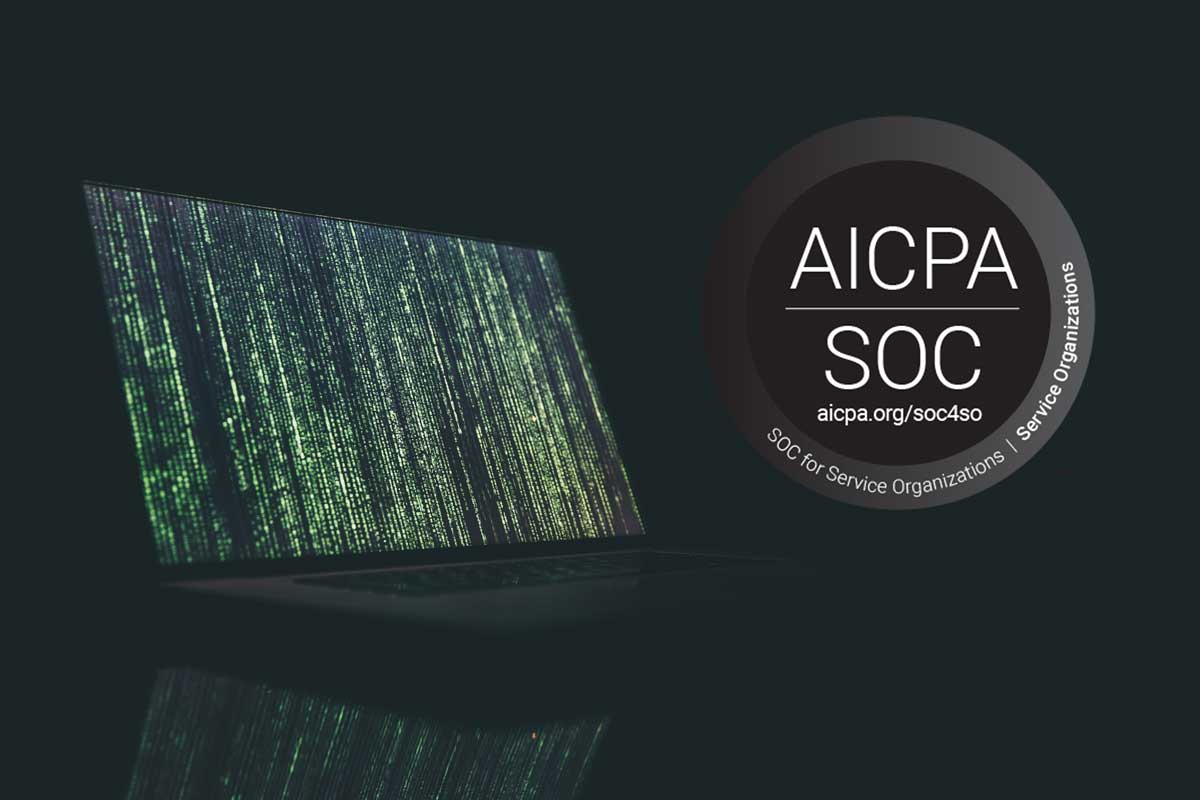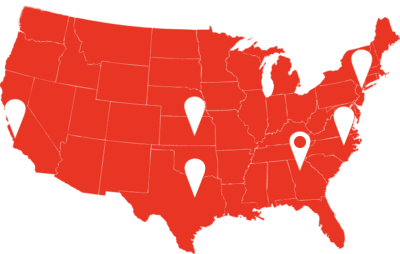SOC 2 Compliance: Securing Customer Data and Distributed Energy Resources
Share this post:

A Trustworthy Foundation in the Digital Landscape
In today's digital era, data breaches have escalated from rare occurrences to frequent threats. This shift has elevated the importance of trust between businesses and their customers. One pivotal measure for cultivating this trust is SOC 2 compliance. This blog post explores the critical role of SOC 2 in protecting customer data, its implications for businesses dealing with sensitive information, and its specific impact on the burgeoning sector of Distributed Energy Resources (DERs).
Understanding SOC 2 Compliance
Developed by the American Institute of Certified Public Accountants (AICPA), SOC 2 sets the standard for managing customer data across five "trust service principles": security, availability, processing integrity, confidentiality, and privacy. This framework mandates tailored information security policies and procedures, ensuring that companies meet the unique challenges presented by their specific industry and data types.
Cybersecurity as an Imperative
The escalation of cyber threats demands robust security measures. SOC 2 compliance serves as a blueprint for identifying vulnerabilities and implementing protective mechanisms to defend customer data from cyber-attacks. This compliance is essential, not just for meeting a checklist, but as a strategic element of a business's core operations.
The Intersection of SOC 2 and Distributed Energy Resources (DERs)
As we transition to sustainable energy, DERs like solar panels and battery storage are becoming integral to our electricity grid. The remote monitoring of these resources requires the collection of extensive data, which is essential for optimizing energy systems but also raises significant privacy concerns.
SOC 2: A Shield for DER Data
Adhering to SOC 2's stringent security criteria ensures that:
- Data Encryption: Data flow between DERs and monitoring systems is encrypted, safeguarding it from unauthorized interception.
- Access Controls: Only authorized personnel have access to sensitive data, greatly diminishing the likelihood of breaches.
- Regular Audits: Ongoing monitoring and audits detect and address security weaknesses, adapting to new cyber threats as they arise.
- Incident Response Plans: Effective plans are in place to respond to security breaches swiftly, reducing data loss and system downtime.
Building Trust with Energy Consumers
The integration of DER technologies into the energy grid is contingent upon consumer trust in data security and privacy. SOC 2 compliance is not only about following a set of rules; it's about affirming a company's dedication to upholding superior security standards. As DERs gain prevalence, the SOC 2 compliance status will become a critical differentiator for energy providers, signaling to consumers that their data, and thus their energy independence, is protected.
Conclusion
SOC 2 compliance is vital for any business handling customer data, especially for those involved in the management of DERs. It's a commitment to security and privacy that resonates throughout every level of service delivery. In an evolving threat landscape, SOC 2 is the keystone of digital trust, ensuring the integrity of customer data and the secure advancement of energy technologies. As businesses prioritize SOC 2 compliance, they not only protect themselves but also fortify the trust of their customers, paving the way for a secure digital future.
written by:
Andy Bell
Sr. VP of Software Engineering

